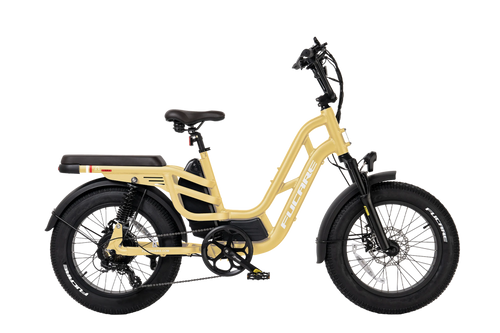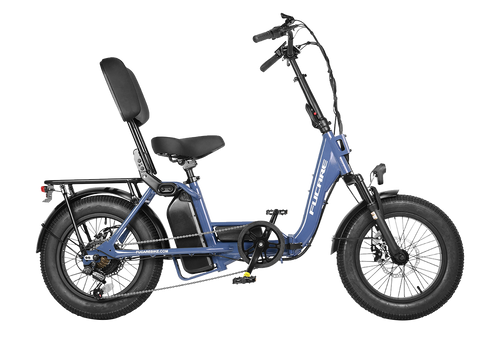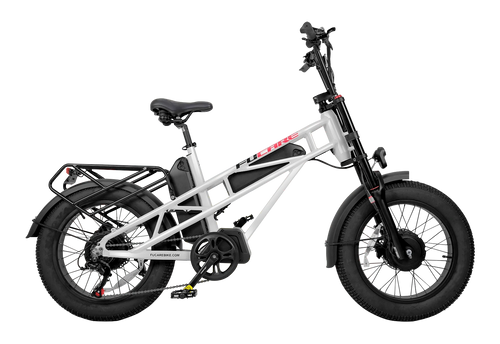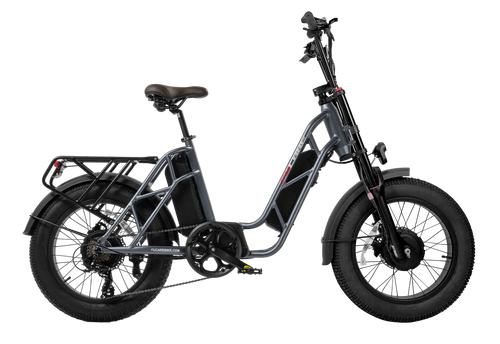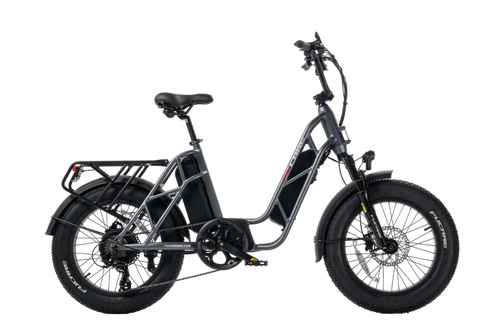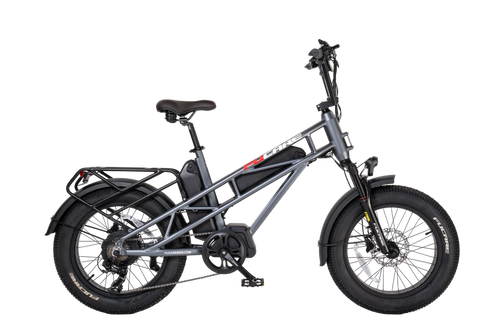How to detect battery failure
Detecting a battery fault in an eBike involves several steps and tools to accurately diagnose issues. Here's a guide to help you through the process:
Tools Needed:
- Multimeter (for voltage and possibly resistance checks)
- Charger (to test charging functionality)
Visual Inspection:
- Physical Condition: Check the battery for any visible damage such as cracks, swelling, or leakage, which could indicate a fault.
- Connectors and Contacts: Inspect the connectors and contacts for corrosion, dirt, or damage. Poor connections can often cause problems that seem like battery faults.
Voltage Test:
- Resting Voltage: Use a multimeter to check the battery's resting voltage. Connect the multimeter probes to the positive and negative terminals of the battery. A fully charged battery should read close to its rated voltage (e.g., a 36V battery might show around 36-42V).
- Low Voltage: If the voltage is significantly lower than the expected range, the battery may be deeply discharged or have a fault.
Charging Test:
- Charging Process: Connect the battery to its charger and observe. The charger's indicator lights should show that charging is occurring. If the lights indicate a fault or don't light up at all, there may be an issue with the battery or charger.
- Post-Charge Voltage: After charging, use the multimeter again to check the voltage. It should be at or near the battery's rated maximum voltage.
Load Test:
- Under Load: Observing the battery's performance under load can be revealing. A battery that quickly drops in voltage under normal load or can't maintain its charge during use may have a fault.
- Professional Equipment: Some bike shops have specialized equipment to perform a more thorough load test, which can be useful if the above steps don't conclusively determine the battery's condition.
Additional Considerations:
- Battery Age: Consider the age of the battery. Lithium-ion batteries typically last for several hundred charge cycles before their capacity significantly diminishes.
- Temperature Effects: Extreme cold can temporarily reduce battery performance. Ensure the battery is at a moderate temperature during testing.
- Manufacturer's Diagnostic Tools: Some eBike systems have diagnostic tools or software that can read battery health directly from the battery management system (BMS).
Conclusion:
If the battery fails any of these tests or if you're unsure about the results, it may be best to consult with a professional. eBike batteries are high-energy devices, and mishandling them can be dangerous. A professional can offer a more thorough diagnosis and safely handle any necessary repairs or replacements.
Leave us a message and we will get back to you ASAP!





